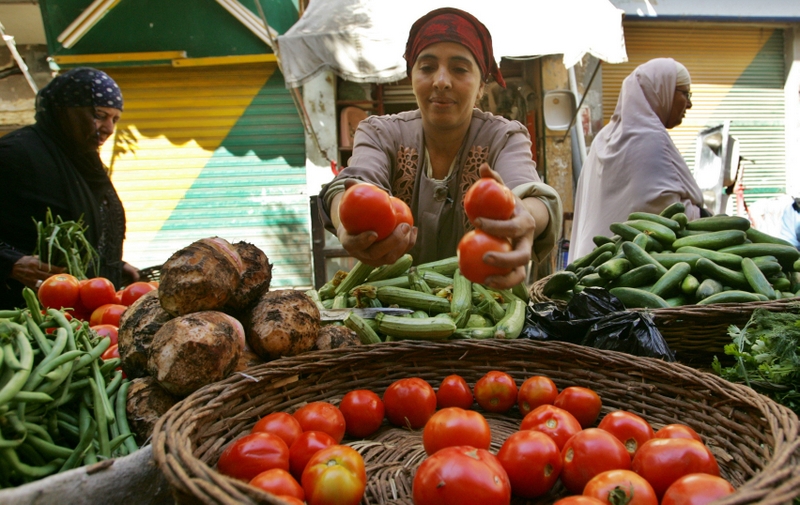Prices of food sold through government-run supermarkets and food vans will be reduced to help ease the burden on Egyptian citizens, the Ministry of Supply and Internal Trade has announced in an official statement.
Frozen Brazilian meat will be sold for EGP 34, while a kilo of fish will cost between EGP 6 and EGP 22. Fresh and frozen local meat will be EGP 50 per kilo, the statement said.
A bottle of oil will be sold for EGP 8.5, while wheat will cost EGP 3.5 per kilo, with rice and pasta costing EGP 3.25.
The ministry will continue to supply uncooked meals for a family of four at EGP 20-30.
In October, the Central Agency for Public Mobilisation and Statistics (CAPMAS) reported that the monthly inflation rate increased by 2.3% compared to September. 176.2 points were registered compared to 172.2 points registered in September, which is an increase of 2.8% in the monthly inflation rate during the month of September. The annual inflation rate increased by 10.3% in October 2015, compared to October 2014, CAPMAS reported.
The price of food and beverages increased in October by 2.6%, with 208.8 points compared to 203.4 points the previous month, a 12.9% annual increase.
President Abdel Fattah Al-Sisi announced on 1 November that the armed forces will cooperate with concerned government bodies in order to rationalise the prices of essential commodities and make them available for citizens.
A week prior to his announcement, armed forces vehicles were seen in Sayyida Aisha and Al-Giza Square selling basic foods, such as meat, fish and chicken.
The Egyptian cabinet issued an official statement in which it announced the formation of a committee that specialises in price control and providing commodities in the market.
The committee includes representatives from the Ministry of Interior, the Ministry of Industry and Foreign Trade, the Ministry of Health, Ministry of Agriculture, Ministry of Local Development, and a number of other authorities.
This “permanent” committee would be concerned with deciding the locations in need of commodities and whether they have fixed distribution outlets.
The committee also aims to provide various areas with a number of cars to distribute such commodities in case they don’t have these fixed outlets. Weekly meetings will take place to insure those measures are applied.

